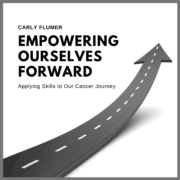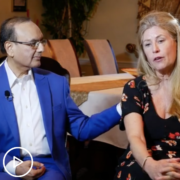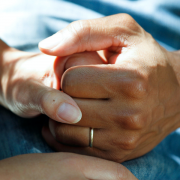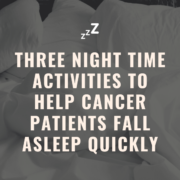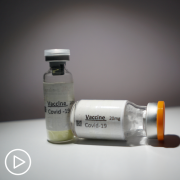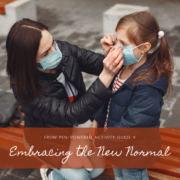Empowering Ourselves Forward: Applying Skills to Our Cancer Journey
During the pandemic, all of us have had to do some adjusting, some more than others. As cancer patients, we recognize the “new normal” everyone else is experiencing. While this can be detrimental, it can also be seen as somewhat gratifying. The non-cancer world finally understands what we’ve gone through and/or are going through on a daily basis and for the rest of our lives. Yet we’ve all learned new skills and coping mechanisms to make the best of our situation:
Virtual Appointments (Telehealth)
By now, the majority of patients have experienced at least one telehealth appointment where we see a doctor, NP, PA, etc. virtually. Whether this a completely new experience or not, there are many ways in which we can benefit from these appointments, which, hopefully, continue into the future.
What can be applied in the future:
- Writing down a list of questions before your appointment so that nothing is missed
- The feeling of comfort with your health care professional, especially if they weren’t in a white coat. They’re humans just like us
- Asking questions when you don’t understand something – there is time!
- The importance of having a caregiver as a second set of eyes and ears
Being Active
Gyms were closed (and some still are) for a long period of time, which forced us to be creative in being active.
What can be applied in the future:
- If you watched YouTube videos or downloaded fitness apps, continue to use them to apply those movements to your routine
- If you tried free classes offered by a local studio or gym, see what these places offer in-person
- For motivation, grab a family member of friend to keep you accountable
Mindfulness
Perhaps the hardest part of going through the pandemic is the mental aspect, especially for cancer patients who are considered more vulnerable.
What can be applied in the future:
- Continue using apps and YouTube videos to guide you through meditations
- Keep a journal to write down your feelings
- Set intentions at the start of each day
- Remember how far you’ve come and what you can be grateful for
Family and Friends
Social distancing and wearing masks were suggestions (and in some states mandatory) to help stop the spread of the virus. This led to family and friends not being able to see one another, often for months. What’s more is the masks often concealed our expressions, making communication a little bit harder.
What can be applied in the future:
- Spend more time with people who care about you, knowing it is possible for it to be taken away from you
- Practice being in the moment, really focusing on what the person is saying and watching their facial expressions
- Remember your own needs: people may now want to get together more often, but that may not be possible due to a number of factors, including your place in treatment, symptoms, and mental/physical/emotional states. Take the time you need for yourself
Carly Flumer is a young woman who was diagnosed with stage I papillary thyroid cancer at the age of 27. She recently received her Master’s degree from Boston University in Health Communication and received her Bachelor’s from George Mason University in Health Administration and Policy. While being diagnosed with the “C” word at such a young age was a surprise, as it would be to anyone, she found strength, support, and inspiration in sharing her cancer journey on social media. As a result of her health outcome, she looks to advocate for other cancer patients through education, research, and health literacy.

